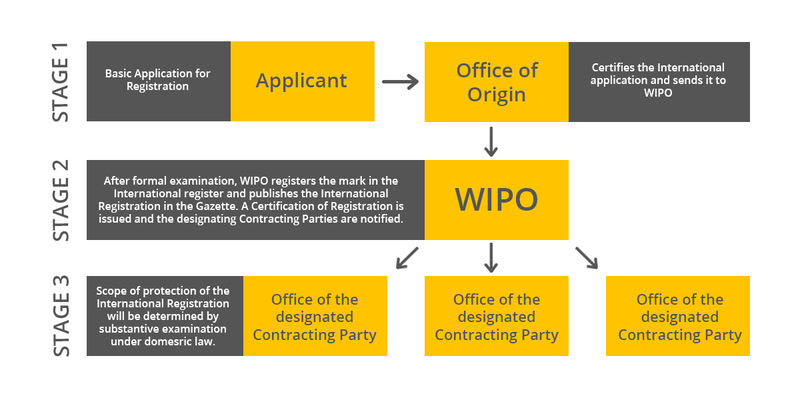Can Trademark Laws be Applied Globally?
July 06, 2018 by Akshara Bala
A trademark registration in India will stop at the Indian borders and cannot stop trademark infringement outside the country. Trademark registrations are territorial, a separate registration will be required to ensure protection in a different country.
Trademarks are possibly the most important brand assets of a company. Naturally, businesses want to protect these assets. Most brands get a trademark registration in India and think the matter ends there. However, a national certification stops at the Indian borders and will not stop infringement outside the boundaries – this could lead to counterfeit products and knock-offs, or could be a hurdle for exports.
What is Global Trademark?
Since trademarks are territorial, a fresh registration will be required for a different country. This can obviously be done by submitting separate applications. The general thumb rule is that the party that first registers the mark internationally owns it. In case your brand has international plans to expand, it’s a good idea to identify and register your mark in key markets. Here is a quick look at the benefits of international trademark registrations:
- Exclusive rights in the registered markets across the globe,
- Can be the basis of the brand’s future franchising strategy and aid exports,
- Stops counterfeiters.
How to Register Trademark Globally
Separate registrations in multiple countries aren’t only a laborious process, but can also be time-consuming and expensive. In 2013, India became a part of the Madrid Protocol, which is administered by the World Intellectual Property Organisation (WIPO). This provides a cost-effective and straightforward procedure for registering your brand’s trademarks across multiple territories. Over 100 countries are part of the protocol, making an international registration effective in each of the designated contracting parties. The system lets you expand, renew and modify your global mark under one centralised system.
Procedure and Pricing
A corresponding trademark registration in India is essential to register under the Madrid Protocol. Apart from the basic fees, the international registration fee depends on the number of classes under which the goods and services will get registered. The price also depends on the number of territories / countries where registration is required, as each country has their own fee rates.

Once the application for the mark is submitted, the mark is checked in each one of the countries where such registration is requested. When there aren’t any objections from the trademark authorities, the mark gets registered. If a trademark has to be registered in any non-member country, a separate application would have to be filed.